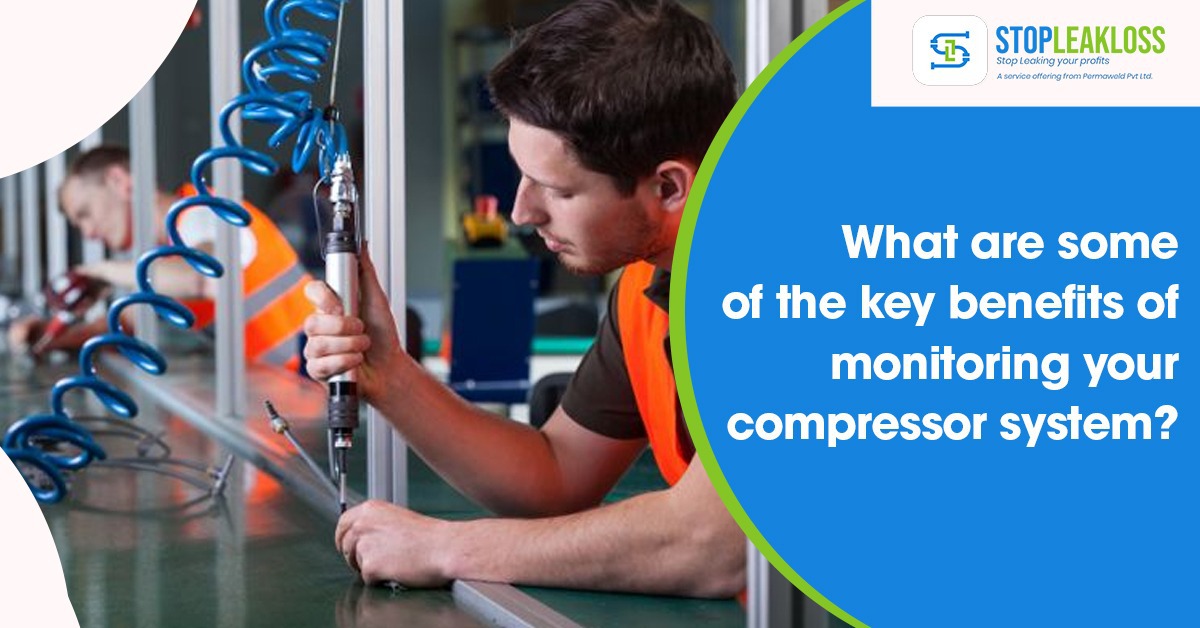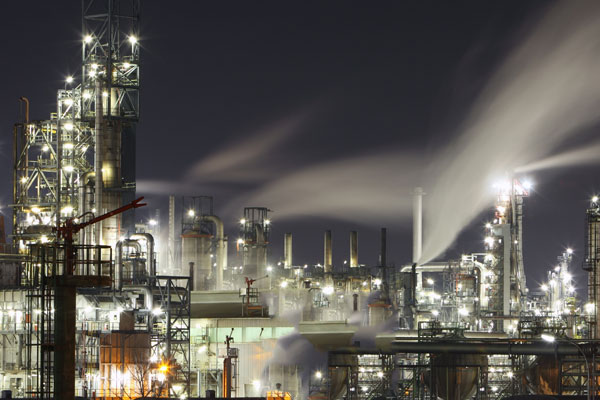
What are Some of the Key Benefits of Monitoring your Compressor System?
Compressor system are expensive pieces of equipment critical to the profitability of plants, factories, and workshops. The compressors must be well-maintained to provide the best return on investment from the air compressor installation. The objective should be to get the most work out of the air compressor during its lifespan. After initial 7 to 8 years, air compressors will require a tight maintenance plan, or inefficiencies will begin to emerge, which if ignored can turn into a problem that needs repairs.
Air compressors require different maintenance levels depending on how frequently they are used. The type of compressor – rotary screw, centrifugal, reciprocating, and others – will dictate the required maintenance. Auxiliary equipment and cooling systems are independent components from the compressor but function in unison. They will also need monitoring and maintenance.
Preventative compressor maintenance is the process of minimising, or even totally avoiding, downtime that can occur during the life of a compressor. Preventative maintenance will lessen the likelihood of unanticipated significant repairs. You will also benefit from improved average operating efficiency and reduced energy expenses during the compressor’s life cycle. (compressor system)
With the help of regular and consistent maintenance and care, you can expect your air compressors to last for well over a decade. On the other hand, if your systems are not adequately cared for, they might provide you with decades of expensive, disruptive, inefficient performance and stress. (compressor system)
Because proper air compressor maintenance is vital, we highly suggest you choose an air compressor from a reputable brand. The top air compressor brands on the market will provide specialist maintenance services and long-term service contracts. In addition, you should inquire whether the manufacturer has any data collection or intelligent monitoring technologies incorporated into the compressor.
Modern air compressors have monitoring and data collection systems that provide previously unforeseen workflow and cost benefits.
The benefits of gathering data and monitoring your air compressors
1. Remote monitoring and keeping track of data.
Monitoring and data collection technology can generate valuable data that can be viewed. The data may track changes over weeks, months, and years, informing you of patterns and anomalies. The data may be accessed remotely, downloaded for additional study, and even preserved. Monitoring and data collection technology enable maintenance crews to make better-informed judgments without the hassle of physically being present in the compressor room.
2. A good preventative maintenance
Knowing the condition of the compressed air equipment at all times and reacting to it is the most reliable approach to achieve optimum efficiency and availability. Monitoring and data collection systems can detect any aberrant conduct early on. Then, alerts or notifications may be sent to maintenance crews and plant owners as soon as an issue arises, reducing downtime. (compressor system)
3. Provides compressor efficiency in the long run
Because air compressor monitoring and data collection systems enable you to be proactive with your maintenance, total up-time across the air compressor’s life cycle is increased. In addition, in reaction to alarms and notifications, compressor systems can perform pre-programmed actions based on sophisticated algorithms to diagnose the issue and maintain optimal compressor efficiency. (compressor system)
4. Automates difficult tasks
Monitoring and data collection systems make running an air compressor installation easier. These tools entirely remove the formerly laborious process of acquiring data, preparing reports, and disseminating insights to stakeholders. It is now easy to get insights from data. Alerts and alerts are sent out instantly to allow for a speedier response. Additionally, essential sections of the conventional maintenance process are automated for maintenance teams—everyone involved benefits from time savings or process enhancements. (compressor system)
5. Saves money
Tracking compressor performance and responding to information proactively allows you to get more mileage from your equipment. As a result, you will have maximised compressed air output per unit of power. You will save money on labour expenditures associated with checking the machinery and identifying problems. You will postpone, if not entirely avoid, the need for expensive repairs. And you can afford to wait a little longer before age-related inefficiencies kick in and you have to invest in a brand-new compressor.




[…] Moisture is kept out of pneumatic pipework, controls, and equipment using dry compress air, reducing corrosion and increasing overall system dependability. Several drying procedures are […]